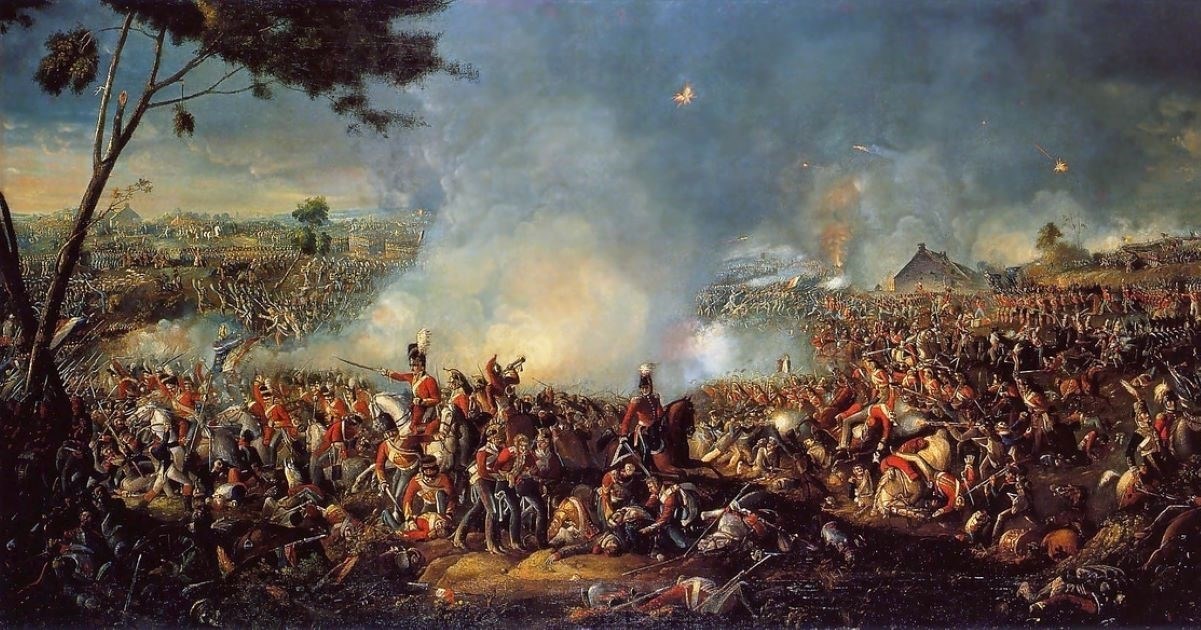The main topic of the article is the final downfall of Napoleon Bonaparte following his defeat at the Battle of Waterloo in 1815. After being exiled to Elba and briefly returning to power, Napoleon was defeated by British and Prussian forces. European leaders declared war against him personally, not France. After his defeat, Napoleon surrendered to the British and was exiled to the island of Saint Helena where he died. This event marked the end of the Napoleonic Wars and the beginning of the restoration of the Bourbon monarchy in France. The article highlights that the people initially supported Napoleon but were tired of wars and desired change. It also describes how the Bourbon monarchy quickly lost support due to its absolutist behavior, enabling Napoleon’s brief return to power.
Political Perspectives:
Left: Left-leaning reports tend to emphasize the popular support Napoleon had among the people and the military, highlighting the social and economic hardships caused by the wars and the failure of the Bourbon monarchy to address the people’s needs. They may also focus on the broader impact of Napoleon’s legacy on European politics and social reforms.
Center: Center-leaning reports present a balanced view, focusing on the historical facts of Napoleon’s defeat, the military strategies involved, and the political consequences such as the restoration of the Bourbon monarchy. They acknowledge both Napoleon’s initial popularity and the eventual fatigue of the population with continuous wars.
Right: Right-leaning reports often emphasize the restoration of the legitimate Bourbon monarchy and the importance of ending the Napoleonic Wars to restore order and stability in Europe. They may portray Napoleon as a disruptive figure whose ambitions led to unnecessary conflict and suffering, and highlight the role of European monarchs in defeating him.


















